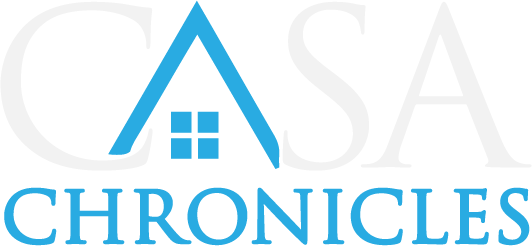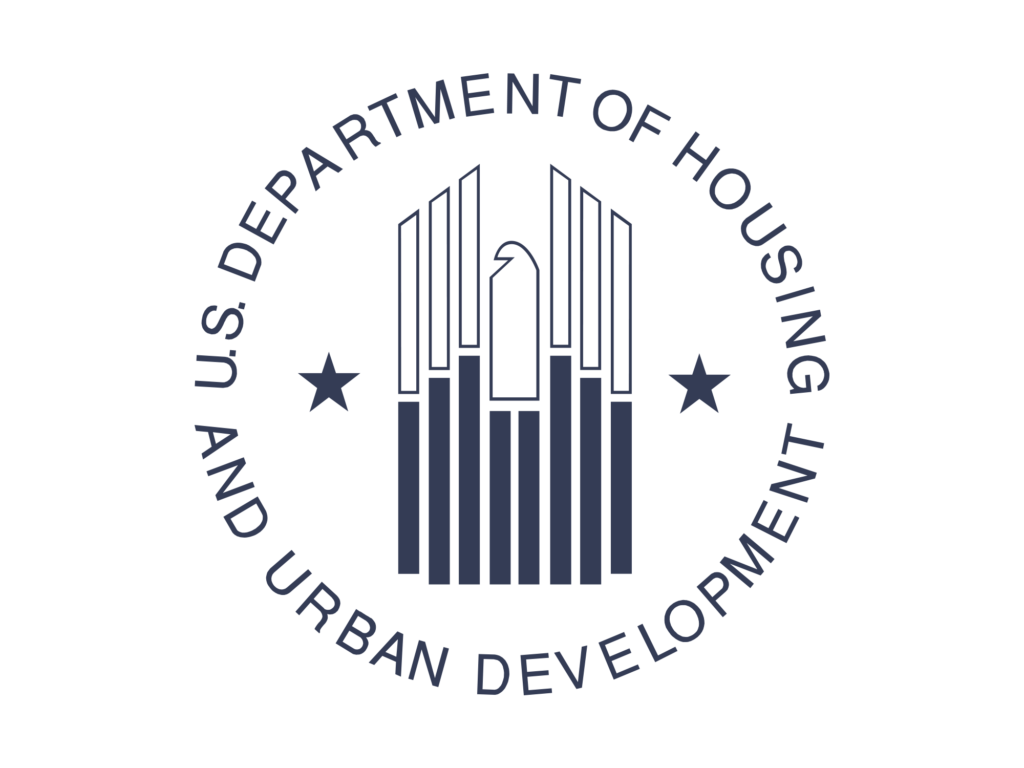First-Time Home Buyer Down Payment: What You Need to Know
When embarking on the journey of buying a home, especially for the first time, the initial down payment can feel like a mountainous hurdle. It’s typical for most traditional lenders to ask for a 20% down payment on a home, but for first-time buyers, this figure can be daunting.
However, don’t be discouraged. There are many programs designed to assist first-time buyers, lowering this percentage significantly. The Federal Housing Administration (FHA) offers loans that allow for down payments as low as 3.5%, while the Department of Agriculture (USDA) and the Veterans Administration (VA) can even offer zero-down options in certain situations.


Navigating Down Payment Assistance Programs
Navigating the landscape of down payment assistance programs can be challenging, especially if you are a first-time homebuyer. However, it’s worth the effort as these programs can significantly reduce the amount you need to save for your down payment.
Down payment assistance programs can come in many forms, including grants, interest-free loans, or deferred payment loans. Grants are essentially free money that does not need to be repaid, whereas interest-free loans and deferred payment loans must be repaid, but do so under favorable terms.
A wealth of these programs are available at the local, state, and national level. The Department of Housing and Urban Development (HUD) offers a comprehensive list of local home buying programs, including down payment assistance, in each state. Many state housing finance agencies also offer similar programs.
Locally, cities and counties often provide assistance programs for first-time buyers. The availability and terms of these programs vary widely, so it’s essential to check with your local housing authority or a local real estate agent to learn about your options.
Nonprofits also offer assistance programs. For instance, organizations like the National Homebuyers Fund provide down payment assistance in the form of grants up to 5% of the loan amount.
Moreover, the process of applying for these programs often requires completing a homebuyer education course. These courses are valuable as they educate first-time buyers about the process of buying a home, the responsibilities of homeownership, and financial management.
Finally, it’s important to note that each program has its own eligibility requirements. These often include income limits, purchase price limits, and a requirement to live in the home as your primary residence. With the right guidance and diligence, you can find a down payment assistance program that fits your unique needs and significantly reduces the upfront cost of buying your first home.
Leverage Your Savings: Smart Strategies for a Down Payment
Saving for a first-time home buyer down payment requires strategic planning. With the median price for homes on the rise, the traditional 20% down payment is not always achievable for first-time buyers. However, there are ways to leverage your savings effectively to meet this critical milestone.
First, it’s worth noting that many loan programs require less than the traditional 20% down payment. The Federal Housing Administration (FHA) loan program, for example, allows for down payments as low as 3.5% for borrowers with credit scores of 580 or higher. For a home priced at $300,000, that’s a more manageable $10,500. Conventional loans, sponsored by Fannie Mae and Freddie Mac, can require as little as 3% down.
Second, consider opening a high-yield savings account specifically for your down payment. High-yield savings accounts offer higher interest rates than standard savings accounts, which can speed up your savings process. As of 2023, some of the top-yielding savings accounts offer interest rates as high as 0.6%.
Third, explore automatic savings options. Many banks offer features that automatically transfer money from your checking account to your savings account. You can set this up to coincide with your payday, ensuring that saving for your down payment becomes a routine part of your budgeting.
Finally, consider meeting with a financial advisor. They can provide personalized advice based on your income, expenses, and financial goals. Many even specialize in helping first-time homebuyers navigate the home buying process.
Understanding your options and being strategic with your savings can make the task of saving for a down payment much less daunting. Don’t let the thought of a down payment deter you from pursuing homeownership. With the right resources and guidance, you can achieve your goal of owning a home.
If you are considering buying a home and have questions about down payments or any other aspect of the process, feel free to contact us. Our team of experts is here to guide you every step of the way. Start your journey towards homeownership today!

news via inbox
Subscribe to our newsletter for the latest on Las Vegas outdoor activities and real estate insights. Dive deeper into Las Vegas living. Click below and join our community today!




